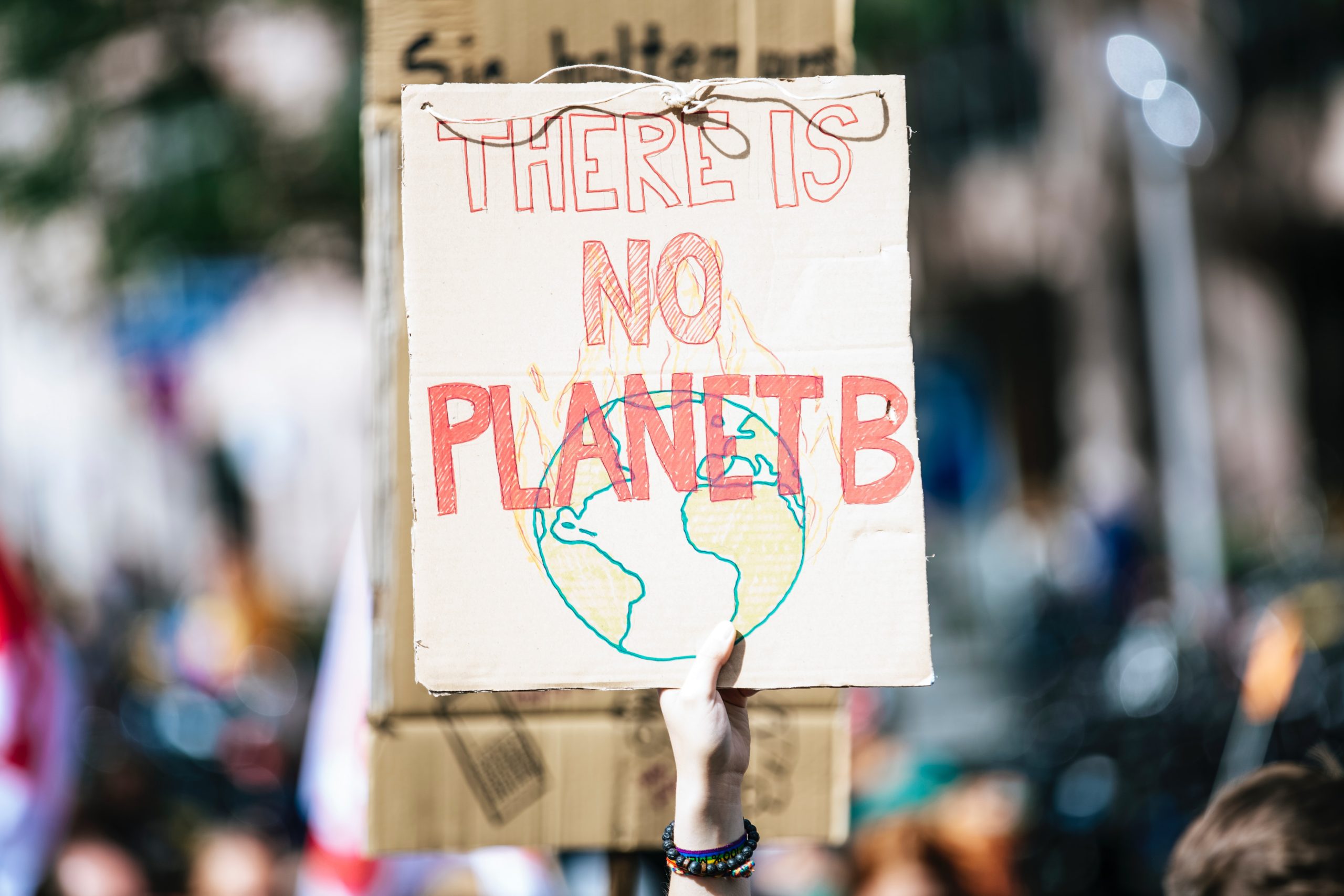Climate change is now affecting the lives of over 3.3 billion people

Climate change is now affecting the lives of over 3.3 billion people
Words: Eva O’Beirne
According to the latest Intergovernmental Panel on Climate Change (IPCC) report released today, climate change now affects nearly half the world’s population, despite efforts to reduce risks.
If global temperatures and carbon emissions are allowed to increase above 1.5 degrees, the effects will become irreversible.
“This report is a dire warning about the consequences of inaction,” said IPCC chair Dr. Hoesung Lee. “It shows climate change is a grave and mounting threat to our wellbeing and a healthy planet. Our actions today will shape how people adapt and nature responds to increasing climate risks.”
The rise in weather and climate extremes driven by human activities including the use of fossil fuels “has led to some irreversible impacts as natural and human systems are pushed beyond their ability to adapt”, according to the report. Farmers in tropical areas are reaching their limits of adaptation to current climate impacts.
“Approximately 3.3 to 3.6 billion people live in contexts that are highly vulnerable to climate change”, with large cities on coastlines most in danger, it adds, while some measures to prepare for inevitable impacts are actually heightening risk.
The world faces unavoidable multiple climate hazards over the next two decades, even if temperature changes are kept below two degrees. Even temporarily exceeding this warming level will result in additional severe impacts, some of which will be irreversible. According to the report, “infrastructure and low-lying coastal settlements” could become inhabitable.
Increased heatwaves, droughts and floods are already exceeding tolerance thresholds for plants and animals, driving mass mortalities in species such as trees and coral reefs, it says. “These weather extremes are occurring simultaneously, causing cascading impacts that are increasingly difficult to manage.”
The report provides regional assessments and indicates that Europe’s greatest risk will come from heat, notably a combination of heatwaves and droughts, resulting in severe impacts on agriculture and increased water scarcity. Extreme flooding will become more evident in its major rivers and along its coasts.
IPCC scientists highlight the growing risk of climate disruption due to “unsustainable use of natural resources, growing urbanisation, social inequalities, losses and damages from extreme events and a pandemic.”
This report provides a detailed assessment of climate change impacts, risks and adaptation in cities, where more than half the world’s population lives. People’s health, lives and livelihoods, as well as property and critical infrastructure, including energy and transportation systems, “are being increasingly adversely affected by hazards from heatwaves, storms, drought and flooding as well as slow-onset changes, including sea-level rise”.
Cities are “hotspots of impacts and risks” yet crucial to solutions, the IPCC notes.
Elsewhere on District: Kojaque, Shiv, Negro Impacto & more announced for Artists Against Homelessness
